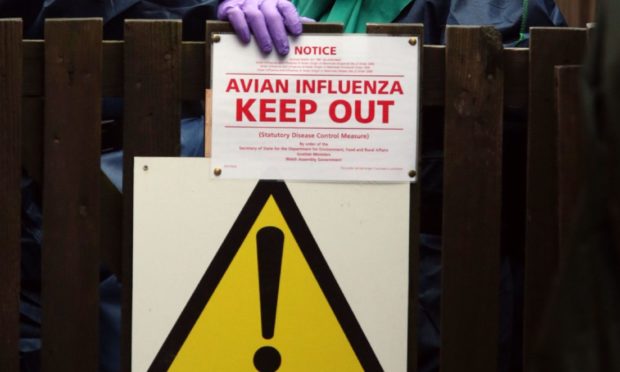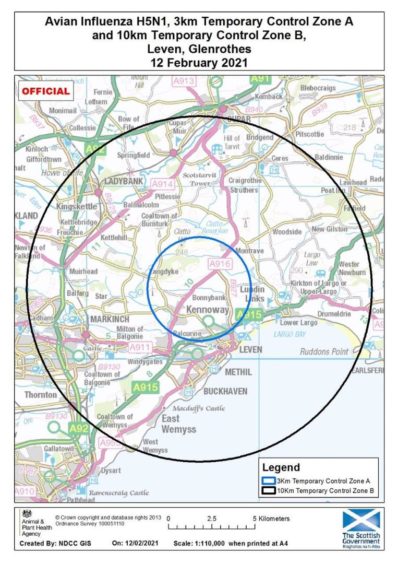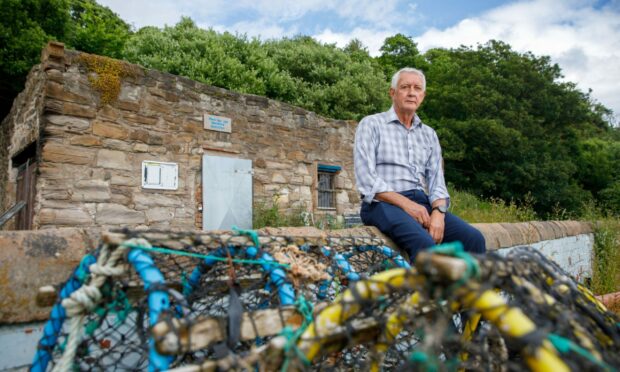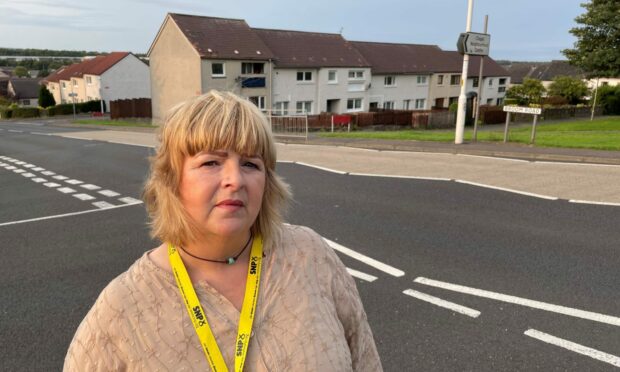A flock of kept birds on a gamebird-rearing premises in Fife has tested positive for bird flu.
Restrictions have been placed on the premises near Leven and control zones set up.
The Scottish Government confirmed the birds had tested positive for avian influenza H5N1.
All remaining birds at the premises will be humanely culled.
The risk to human health is said to be very low but people have been asked to report any findings of dead wild birds.
Temporary control zones of 3km and 10km have been set up around the infected premises to limit the risk of disease.
A range of different controls are in place within these zones, including restrictions on the movement of poultry, carcasses, eggs, used poultry litter and manure.
Food standards bodies have advised that bird flu poses a very low food safety risk and does not affect the consumption of poultry products or eggs.
The Fife outbreak is the second among kept gamebirds in Scotland in the last two months.
In December, bird flu was confirmed in a free range flock of chickens in a farm in Orkney.
A wild swan found dead in Cupar around the same time was also confirmed as having the virus.
An order telling producers and bird keepers to house their birds, or keep them separate from wild birds, came into effect on December 14.
‘Remain vigilant’
Minister for rural affairs Ben Macpherson said: “The Scotland-wide avian influenza zone remains in force.
“Whether you have just a few birds or thousands of birds, you are legally required to keep your birds indoors, or take appropriate steps to keep them separate from wild birds.
“We continue to ask that the public remain vigilant and report any findings of dead birds.”
Keepers who are concerned about the health or welfare of their flock should seek veterinary advice immediately.
Chief veterinary officer Sheila Voss.
Scotland’s chief veterinary officer Sheila Voss added: “We are conducting further tests to establish the pathogenicity of avian influenza H5N1 in a flock of birds in Leven.
“We have already made clear that all bird keepers – whether major businesses or small keepers with just a few birds – must ensure that their biosecurity is up to scratch to protect their birds from disease and prevent any contact between their birds and wild birds.
“Keepers who are concerned about the health or welfare of their flock should seek veterinary advice immediately.
“Your private vet, or your local Animal and Plant Health Agency office, will also be able to provide practical advice on keeping your birds safe from infection.
“Any dead wild swans, geese, ducks or gulls, falcons or other birds of prey, or five or more dead wild birds of other species in the same location, should be reported to the Defra wild bird helpline on 03459 33 55 77.”
On Friday evening, Perth and Kinross Council issued a warning to local birdkeepers.
A spokesperson said: “Anyone who keeps poultry or waterfowl in Perth and Kinross is being advised by the council’s animal welfare team to take steps to protect their birds and be vigilant for any signs of avian flu, after a second case of the disease was recently confirmed in Fife.”











